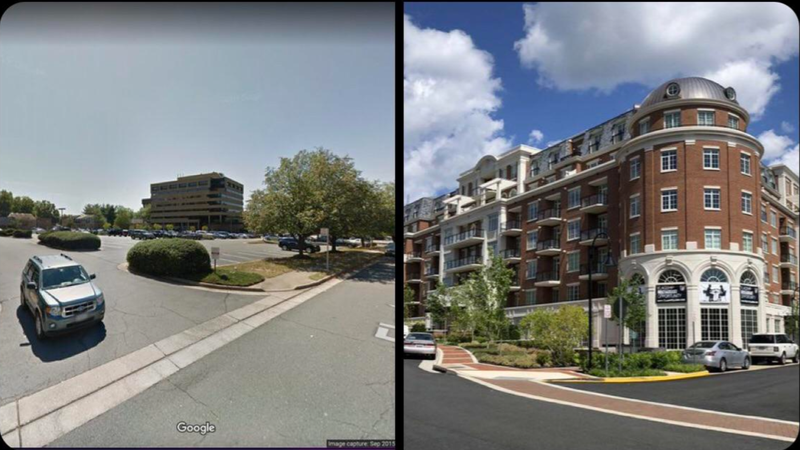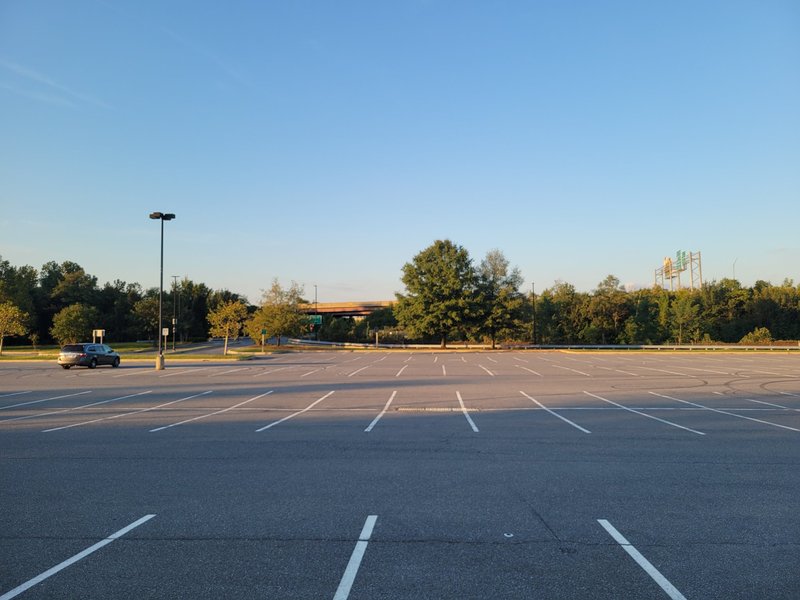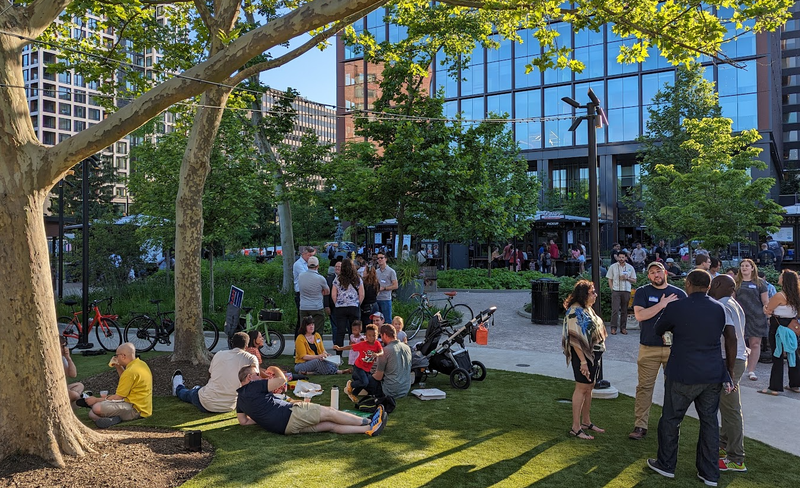
For every one of the more than 260 million automobiles registered in the US, there are at least three parking spaces. That’s a lot of homes for cars, right? Now compare that statistic with another. In the US, it’s estimated that we have a shortage of four million (some estimates are even as high as seven million) homes.
To say it plainly: we have more homes for cars than we need, but far fewer homes for people than we need. Why is this our reality? And does it have to be this way?
Understanding the Problem
For decades, the US has been behind on building the number of homes that residents need; as a result, the price of housing everywhere, from rural to urban communities, has skyrocketed. To add on to the rising prices due to lack of housing supply, laws dictating how much parking must be available to future residents add another layer of costs for owners and renters. These laws are called parking mandates or parking minimums.
Parking spaces are expensive to build, often accounting for as much as 20 percent of construction costs for housing projects. This cost gets passed on to residents through higher rents or listing prices, even if they don’t drive. Conventional parking minimums can increase the rent or mortgage of an apartment or house by $200-$500 per month.
Parking mandates are harmful not only because they raise prices, but also because they lead to valuable space being taken up that could have been used for housing. In Los Angeles County, 14 percent of the incorporated land is devoted to parking. There are even instances when the government has displaced people to prioritize space for parking cars. For instance, in the 1950s, the City of LA used eminent domain– the power of the government to take over private property– where the current Dodgers Stadium sits to displace up to 1,800 mostly Latino families, claiming it was for affordable housing. The land was instead sold to the Dodgers, who used a large portion of it for a surface-level parking lot. Imagine how many opportunities those families could have accessed and created had they been able to remain in their homes.

When our governments mandate parking, they are also mandating car-centric communities and housing sprawl. Requiring so much parking, especially in our downtown areas, implies that cars should be the dominant form of transportation in our neighborhoods. At a time when we are seeing the consequences of climate disasters, we must acknowledge the harm this kind of policy can cause. Transportation is the largest source of greenhouse gas emissions in the United States. We’ve seen communities devastated by fires and floods. Yet, instead of trying to build climate-resilient neighborhoods, our leaders are prescribing that we continue emitting more carbon, even though we have better alternatives.
How Eliminating Parking Minimums Will Help
Many drivers, especially in big cities, feel frustrated by the lack of parking in hot spots like restaurants or shopping centers. So when YIMBYs go to local government meetings and advocate to end parking mandates, it sounds like we’re waging war on cars. While that assumption holds some validity, the conversation needs to be more nuanced to be fully understood. Gary Winslett, a professor at Middlebury College, once illustrated the problem created by parking requirements by describing what it would be like to dictate parking for a business instead of homes.
When you think about a coffee shop being built in your neighborhood, you could imagine a big franchise like Dunkin’ Donuts or a mom-and-pop small business. A mom-and-pop coffee shop is likely a place where hipsters and work-from-home nomads go to socialize and spend the day. They’ll commute, park, and stay seated for hours at a time. By contrast, most folks who go to Dunkin’ are not planning on staying. They'd prefer a drive-through to get their coffee and get on with their days. Even though both buildings are coffee shops, their customers (and therefore their business needs) are different. Each business will know if they need to provide a lot of parking or perhaps only a few spots. But under our current system, both of those shops would be required to build the same amount of parking, whether they need it or not. That’s how it works for housing, too.

Eliminating parking mandates doesn't mean that YIMBYs want to cut off all forms of transportation. When we advocate for parking reform, we also usually advocate for transit-oriented development (TOD). Cities can plan around where residents typically want to go, invest in quality public transit in those areas, and designate that space for new homes instead of parking spots to create more walkable neighborhoods. Building homes near public transit will encourage climate-friendly modes of transportation, such as buses, subways, or biking. We can address our national housing shortage by prioritizing building homes instead of parking spaces. This kind of change will help make our homes more affordable, especially in areas near jobs and amenities.
Advocates Who Are Leading the Charge
In July 2025, YIMBY Action’s Abundant Housing Illinois chapter and its local coalition partners celebrated the end of parking minimums in residential zones near public transit centers. They’d attended City Council meetings and Zoning committees throughout the month, and had been advocating for this change for even longer than that. Another one of our chapters, YIMBY Denver, and its partners celebrated a citywide elimination of parking minimums in August 2025. Our members and partners there had been advocating for years, leading up to the City Council meeting that ended the mandates. They wrote op-eds, shared their stories at meetings, and educated community members on why ending parking minimums would help bring down prices.
Other cities, including Austin, Minneapolis, Hartford, San Francisco, and more, have ended parking minimums, due in no small part to advocacy from YIMBYs and other coalition partners who supported changes. These advocates envision a future where our cities invest in subways, safer bike lanes, and parks. They are advocating for apartments and condos instead of empty parking lots. They recognize what our future could look like if we prioritize people over parking.

An abundance mindset is at the core of YIMBYism. Ending parking mandates is not about forcing people to get rid of their cars. It’s about giving people the option to get where they need to be without having a car payment if they don’t want it. It’s about finding ways to make our communities more sustainable. Empty parking spots are a physical manifestation of the space we have between us. Dense housing, like apartment buildings, allows us to stop segregating ourselves by income level or ethnicity and become more connected. Ending parking mandates will ultimately give us more choices, whether they be for home builders to decide how much parking a building needs or for residents to decide to lower their carbon emissions and bills by utilizing public transit more.
YIMBYs help bring this change to their communities by participating in local government meetings, spreading awareness through media, and helping elect pro-housing leaders who share our vision of abundant housing and more optionality for residents. If you want to see a future where we prioritize people over parking, then the YIMBY movement may be the place for you. We’d love to have you join the fight.

